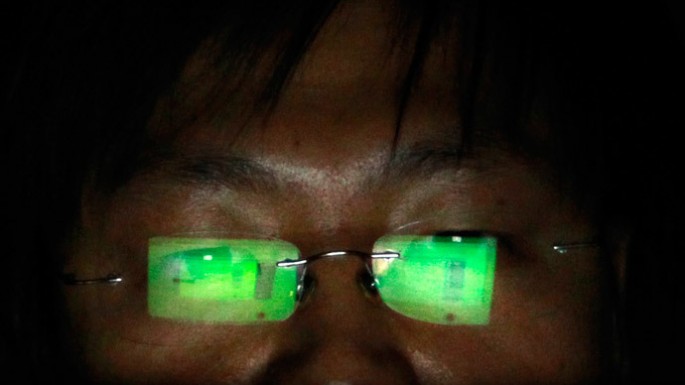On Tuesday, the website of the Cyberspace Administration of China, China's official Internet-monitoring body, announced the closure of 50 websites and social media accounts due to breaches of government policies.
The mobile social messaging app Weixin, also known as WeChat, featured prominently, as 17 public pages were taken offline.
The list of violations included pornography, the invalid publication of political news, online entities impersonating the government or media, and the uploading of gambling- and fraud-related content.
A representative of the administration told the media that a blacklist of offenders will be formulated and consistently updated.
The national cyberspace watchdog is not merely cracking down on Web-based entities according to a pre-determined schedule, as it had received over 10 million complaints about "harmful" online content. Additionally, an anti-pornography campaign was launched at the start of 2014, leading to the closure of almost 2 million accounts on social networking and instant messaging services.
The Chinese government is also expanding the real-identity system that has been called for by authorities in the online sector for around four years. Under the regulation, Internet users must use their genuine identities on social networks, microblogging platforms, forums and instant messaging services. However, pseudonyms can still be used, as backend administrators are the only people who access the databases that contain users' real names.
Due to the massive amount of Internet usage in China, which has a population of 1.4 billion, officials are in the process of working out how to best preserve online stability through effective policies. Of the 632 million Chinese nationals who maintain an online presence, over 275 million people use microblogs like the popular Sina Weibo, while WeChat leads the pack of mobile messaging apps with 459 million users.



























